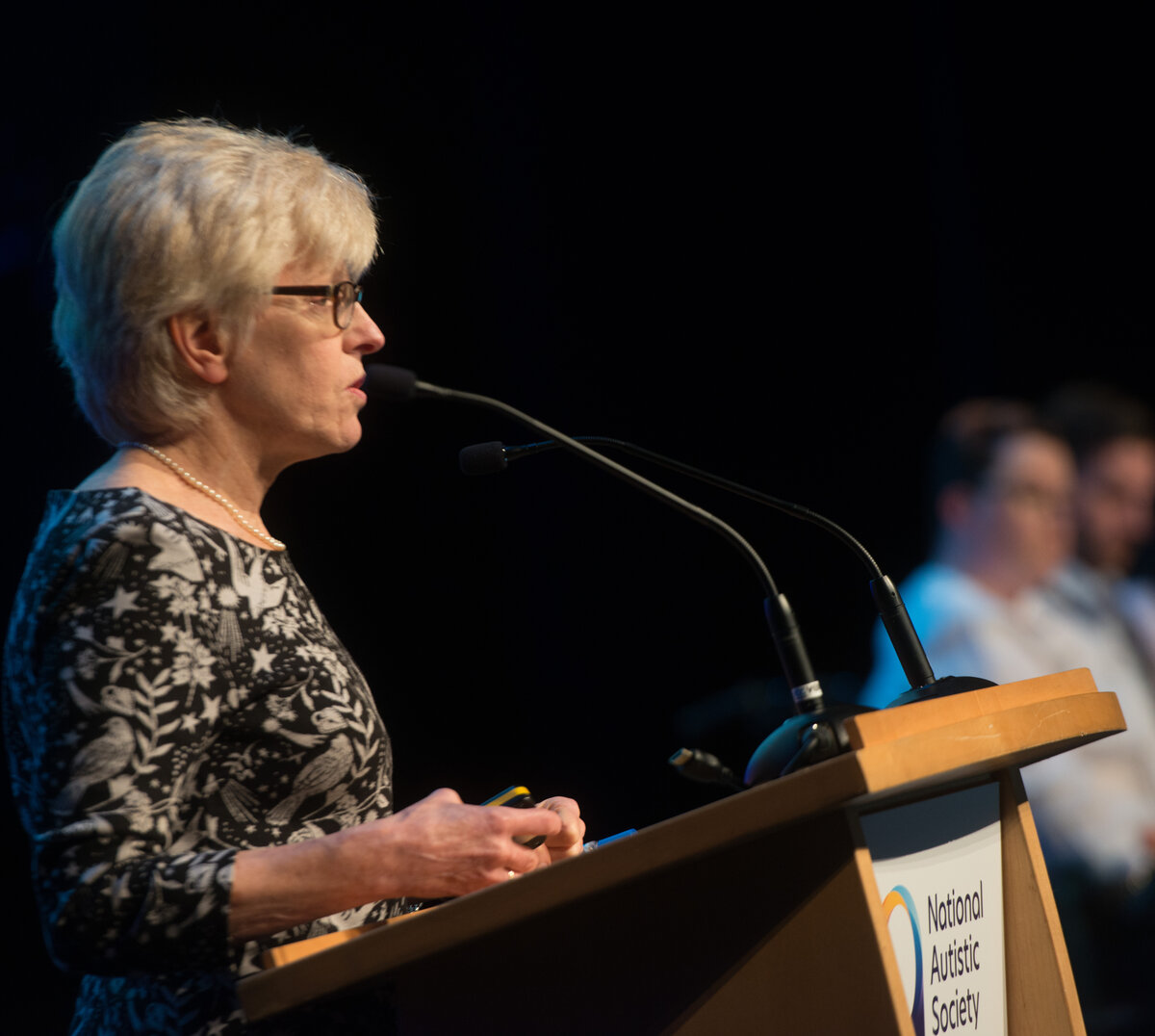Developing Autism Accreditation for prison services
Published on 25 February 2016
Author: Clare Hughes
In this article Clare Hughes, Criminal Justice Coordinator for The National Autistic Society, describes how its Autism Accreditation service worked with Her Majesty's Young Offenders Institute (HMYOI) Feltham to develop accreditation standards specifically for the prison service.
There are no figures for how many autistic people are in prison in the UK at any one time, and estimates vary significantly. Although anecdotally it is reported that the prevalence is probably similar to that of the general population, the impact on the prison in trying to meet their needs can be particularly challenging.
In 2014, The National Autistic Society was approached Her Majesty's Young Offenders Institute (HMYOI) Feltham. HMYOI Feltham is for males aged 15-21 years. The prison has two sections:
- Feltham A is for 15-18 year olds
- Feltham B is for 18-21 year olds.
The young men are housed and educated separately.
The prison has had a multi-disciplinary autism service in place since 2012. They undertook an audit of their autism service in 2014 using the Green Light Toolkit, a tool for monitoring and improving mental health services for autistic people and people with learning disabilities.
The audit showed that in order to improve the experience for autistic people at HMYOI Feltham, the improvements needed to encompass the whole prison and not just the mental health services. As a result of this finding they then approached The National Autistic Society (NAS) to develop standards specifically for prisons.
NAS Autism Accreditation
The Autism Accreditation service has been provided by the NAS for over 20 years. It provides an autism-specific quality assurance programme for a vast range of services and organisations. Successful achievement of the programme’s standards is recognised by the award of a kite mark representing endorsement by the NAS. Regular oversight and ongoing audit are important components of the programme.
The NAS began working with HMYOI Feltham in 2014 to develop prison standards. It was clear that these standards needed to cover all aspects of prison life to ensure a consistent approach for autistic people. Four sets of standards were developed covering:
- education
- mental health
- primary care
- and the prison itself.
All four sets of standards focus on the same areas such as environment, behaviour support and training and development. However, the criteria relating to each of these areas is specific to that part of the prison. Some existing accreditation standards were used to cover some aspects of the prison, other standards were specifically developed.
A steering group was set up, with membership across all four parts of the prison to assess how each of them was meeting the standards. The group was chaired by a senior prison Governor.
Each service undergoing Autism Accreditation is assigned an advisor who helps them to appraise themselves against a framework for good practice, and to help them identify when they are ready for a review of their services. This is then carried out by a trained peer review team.
The review for HMYOI Feltham took place at the end of the September. A report was completed by the peer review team, and an independent panel awarded the prison Autism Accreditation in January 2016.
It was clear to see that staff were clearly committed to improving the experience for autistic people in the prison. Some members of staff spoke about a ‘culture change’ at the prison.
Pilot project
In order to ensure that the standards were relevant in both adult and youth estates, three other prisons were brought in to the pilot; HMP Parc, HMP Dovegate and HMP Wakefield. A network event took place, bringing all prisons involved in the pilot together to discuss the standards and share best practice.
The Minister for Prisons, Probation and Rehabilitation, Andrew Selous, visited HMYOI Feltham last year to learn more about the work that they were undertaking with Accreditation. He was so pleased with what they were doing that he wrote to all Governors of prisons across England and Wales encouraging them to consider Autism Accreditation.
Further information
A special autism edition of the Journal of Intellectual Disability and Offending Behaviour was published in November 2015, and it featured an article by HMYOI Feltham on their work towards accreditation so far.












